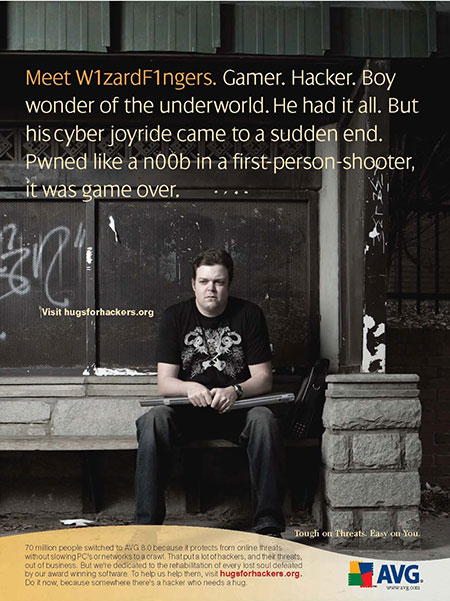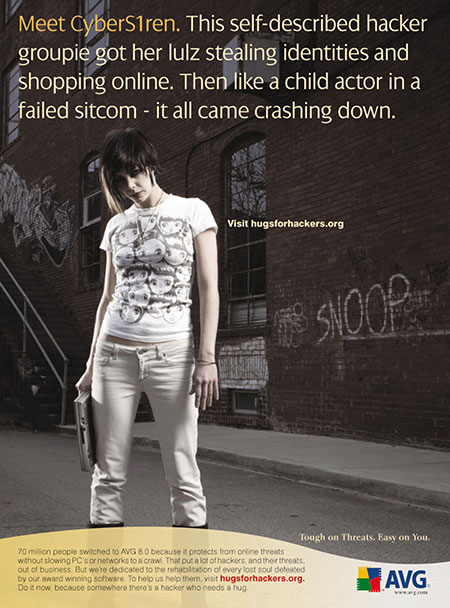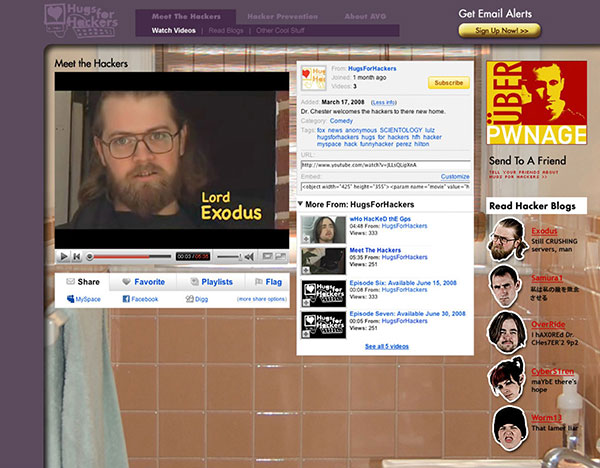
Jan
INTERVIEW WITH AN AMBITIOUS B2B MARKETER. VOLUME 6
Brian Hankin / Senior Vice President of Strategy, Innovation and Business Development
Brian is SVP of Strategy, Innovation, and Business Development at Consolidated Container Company. Prior to this, he was a Partner at Prophet and founder/CEO at R-evolution where we helped global companies including The Coca-Cola Company, Heineken, Intercontinental Hotels, Conoco-Philips, AT&T and many others. He has also launched several companies from the ground up and loves “creating something from nothing.” Brian aspires to help companies better innovate and to continue launching and growing companies.
Consolidated Container Company is a leader in packaging solutions. The company employs 2500 people and owns sixty-three plants across the US and Canada and recently reached almost $1 billion in revenue. Many of the plastic containers one picks up off the shelf at retail were made by CCC for some of the world’s largest brands.
Digitent: We’re defining ambition here as a really strong desire to do or achieve something requiring determination and hard work. We think of ambition in a good way, not like you’re climbing the corporate ladder. So the question is what role has ambition played in your journey to becoming a marketing leader?
Brian: Using ambition in that context I would say, we have an expression here called restless discontent. The idea is constantly questioning, challenging the status quo, identifying a vision for how things could be better, and then establishing a plan to put in place to make it happen. And when I think about all of the challenges, both on a macro level and then specific capabilities we want to build, I think that fits your definition of ambition. How do we honestly evaluate what we’re doing? How can we do it better? How can we set goals and then achieve those goals?
Digitent: Do you have a specific example of something that you feel embodies ambition in the framework of your marketing organization?
Brian: There are a couple of things that we’re working on. One is establishing a world class, and definitely best-in-industry, capability around digital marketing that seamlessly integrates to our CRM and marketing automation systems and digital campaign development. There are very few b2b companies that attack that landscape very well, so I think there’s an opportunity for us to lead. And the reason we would do that is the assumption that if we become a world-class digital marketer, then we can generate leads and ultimately business through that channel. That’s something we set out to do, and early on I identified that as a capability gap and then did some investigation to see what we would need to do to become a leader in that space. We’ve been working for the better part of the year on building those capabilities; overhauling our CRM system, implementing a marketing automation system, overhauling our website, and now we’re on the path of generating content that we can populate and push out to interested parties and prospects and then build the engine. We’re looking to ignite it this year.
Digitent: Is that in lockstep with sales? Are you working closely with sales to drive new lead generation?
Brian: Yes. So my team is also responsible for sales enablement, sales training, and value selling. The salespeople don’t report to our organization, they report to the business units, but we’re responsible for giving them what they need to do their jobs effectively.
So yes, we’re aligned with sales to not just be good relationship owners and account owners with our customers, but to proactively partner with our customers to work with them on innovative packaging solutions. So the easy sell for us is responding to RFP’s for new packaging solutions where we put our best foot forward and hopefully win the RFP. A much better type of relationship is where we are partners of theirs, bringing ideas to them, bringing insights to them, bringing our thinking, what’s going on in their business, and how packaging can be a lever that they can use to help them grow their businesses and their brand. We’re trying to evolve and escalate conversations that we have, and also expand the conversations so that we’re not just talking to procurement people; we’re also talking to the packaging engineers, and the brand people, and the business owners. This audience doesn’t focus on the cost as much, as long as it helps them to grow their business and their brand.
Digitent: Do you feel like the idea of restless discontent and ambition are teachable traits? Are they things that you look for in your team members, or do you have a way of teaching them?
Brian: From a recruiting standpoint, we are very focused on our guiding principles, and I don’t know if there’s one that I would turn to and specifically say that around ambition or restless discontent, but we do look for that kind of spirit that we call “the fire in the belly” when we’re recruiting folks. Does that person really want to get up every morning and drive the business? On the sales side, we have a specific objective this past year to supplement and improve our sales team, and we did employ a sales capability assessment. That assessment helps measure passion. It’s important at every level and every function at Consolidated, and it’s a must-have in many parts of the sales organization.
Digitent: If you were talking to a rising marketer trying to get into a leadership position, what sort of advice might you give them about that intangible, fire in the belly or their ambition?
Brian: I think a good team member would do an excellent job on the work that is assigned to them, to the requests that are made of them. A great player or team member would be someone that proactively thinks of how we can always do it better, how he or she could do his or her job better, differently, how we can better function as an organization even outside his or her roles and responsibilities. What I look for and appreciate are people that come to me and say “I was thinking about this aspect and I think if we really should rethink this, or do this differently, do this better. We can either do it more efficiently, save money, be more effective, etc.” That is the difference between someone that is a valuable member on the team and someone that is a critical up-and-comer on the team. There’s a difference in someone that wants do more of this thinking ahead and proactively suggesting new, better different ways of approaching the business.
Digitent: What metrics do you guys use to decide whether or not you’re succeeding, internally on your team?
Brian: As an organization, we tend to assign metrics to any project we’re working on, and that’s a pretty objective measure – are we making progress or not. In my own goals there are things that I hit the target on and things that I didn’t, and I have to be accountable for the ones that I said I was going to do and didn’t get done, and that does impact one’s upward mobility, bonus, etc.
Digitent: Are there any particular marketing challenges that keep you up at night?
Brian: What I’m really focused on in 2019 is business-to-business lead generation. We’re spending a lot of time and effort building fundamental capabilities, and I think we have now, best in practice and best in industry capability, the foundation, and now we need to build upon that foundation to actually generate sales growth, generate business. It all comes down to growing the business or at least growing more than your fair share. Really at the end of the day, nothing else matters. And when you’re on the agency side and the consulting side, which I spent a lot of time on, you’re a little bit removed from that. Sometimes we work with agency partners, and they say “well we can do this and this and it will cost you this amount of money,” and my response is, “is that going to help us grow the business?” If I can’t say yes, then it’s a bet that is likely not worth taking. At the end of the day, value creation is measurable business growth as opposed to a smart strategy that you might never be able to measure.
Digitent: Is there anything that you see as a major challenge right now that you have to try to overcome in the industry, or particularly in the business?
Brian: A hurdle for us is to evolve and escalate and expand our relationships with customers, and becoming true value-added partners in their packaging needs, so they need to see us as people that can help drive their businesses forward. If we can’t show that, then we’re just a vendor. We want to be someone who is seen as an expert, as a resource, as a partner, who is helping them understand their industry, understanding their concerns, their needs, and how we can help them together grow their business.





